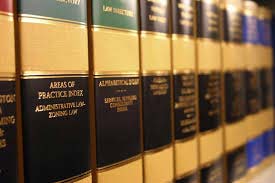
About half the States have similar laws as Maryland, who collects DNA samples from all arrests involving accusations of violence. No conviction is necessary to collect DNA evidence, merely the arrest, and that DNA profile may be eligible to be added to the FBI’s national DNA database.
“Collecting DNA from individuals arrested for violent felonies provides a valuable tool for investigating unsolved crimes and thereby helping to remove violence offenders from the general population,” wrote Chief Justice John Roberts. “Crimes for which DNA evidence is implicated tend to be serious, and serious crimes cause serious injuries. That Maryland may not employ a duly enacted statute to help prevent these injuries constitutes irreparable harm.”
Maryland’s DNA Collection Act has divided their court of appeals, which ruled that King’s rights had indeed been violated, since an arrested suspect has a right to more privacy than a convicted felon, and noting that the DNA collection was not necessary for identifying him. State officials did not want this to “result in the loss of a valuable crime-fighting tool relied upon by Maryland,” so took it to the higher court. Their contention is that fingerprinting and collecting “biometric information” is the same sort of thing.
Though the Maryland’s court ruled that King’s privacy under the Fourth Amendment outweighs the State’s interests, Roberts claims that the decision conflicts with three other courts who ruled differently on the law, and that this “implicates an important feature of day-to-day law enforcement practice,” and half of U.S. states and in the federal government.
The Supreme Court is expected to consider Maryland’s appeal in October.
















































